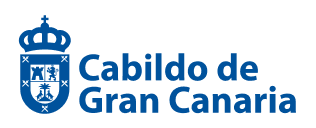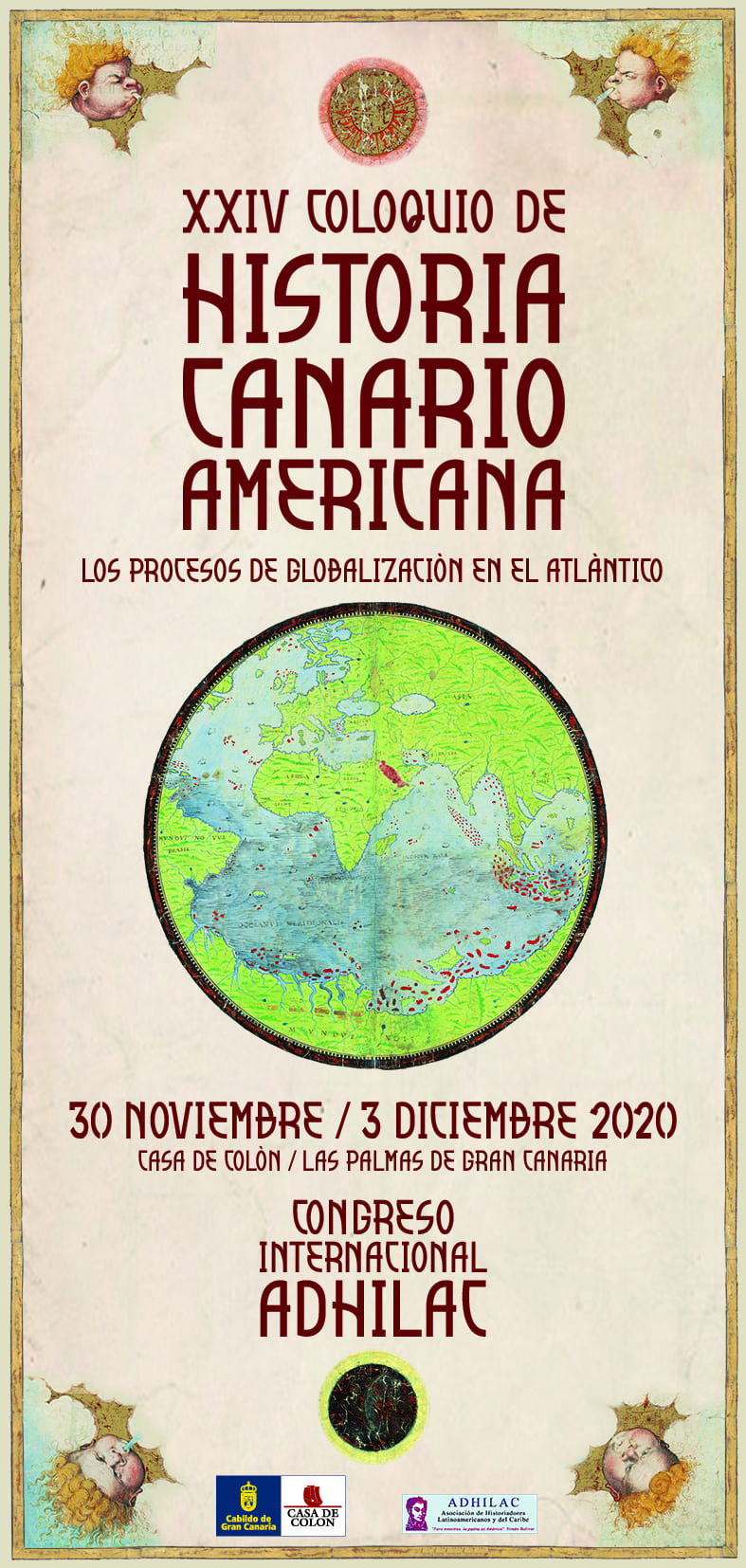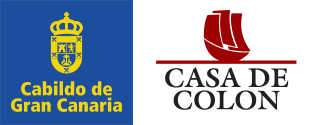La imposición de un modelo cultural y educativo para las mujeres: la Sección Femenina en Canarias / The imposition of a cultural and educational model for women: the Female Section in the Canary Islands
Resumen
Entre 1936 y 1975 la vida de las mujeres en las Islas Canarias se desenvolvió en un ambiente de control cultural y educativo que trascendía a la esfera religiosa y sociopolítica. La Sección Femenina rama o versión femenina de la Falange Española Tradicionalista y de las Juntas de Ofensivas Nacional Sindicalista fue la institución que a lo largo de los años legitimó el modelo cultural y educativo para las mujeres y condicionó la cultura femenina hasta el languidecer de la dictadura. Como organización falangista, emprendió la tarea formativa reconstruyendo el nuevo modelo de mujer, sustentado en el discurso tradicional rompiendo con el patrón de la etapa anterior. Bajo la atenta mirada del fascismo, transformaron la cultura construida y transmitida a través de diversas actividades. Su labor se centró tanto en la educación formal como no formal, canalizando todo su bagaje cultural desde los centros educativos (bachillerato, magisterio), las Escuelas Hogar y el Servicio Social.
Between 1936 and 1975, the life of women in the Canary Islands unfolded in an environment of cultural and educational control that transcended the religious and socio-political sphere. The Feminine Section, the female branch or version of the Traditionalist Spanish Falange and the Unionist National Offensive Boards, was the institution that over the years legitimized the cultural and educational model for women and conditioned female culture until the languishing of the dictatorship . As a Falangist organization, it undertook the training task by rebuilding the new model of women, based on the traditional discourse, breaking with the cultural pattern of the previous stage. Under the watchful eye of fascism, they transformed the culture built and transmitted through various activities. Its work focused on both formal and non-formal education, channeling all its cultural baggage from educational centers (high school, teacher), Home Schools and Social Service.




